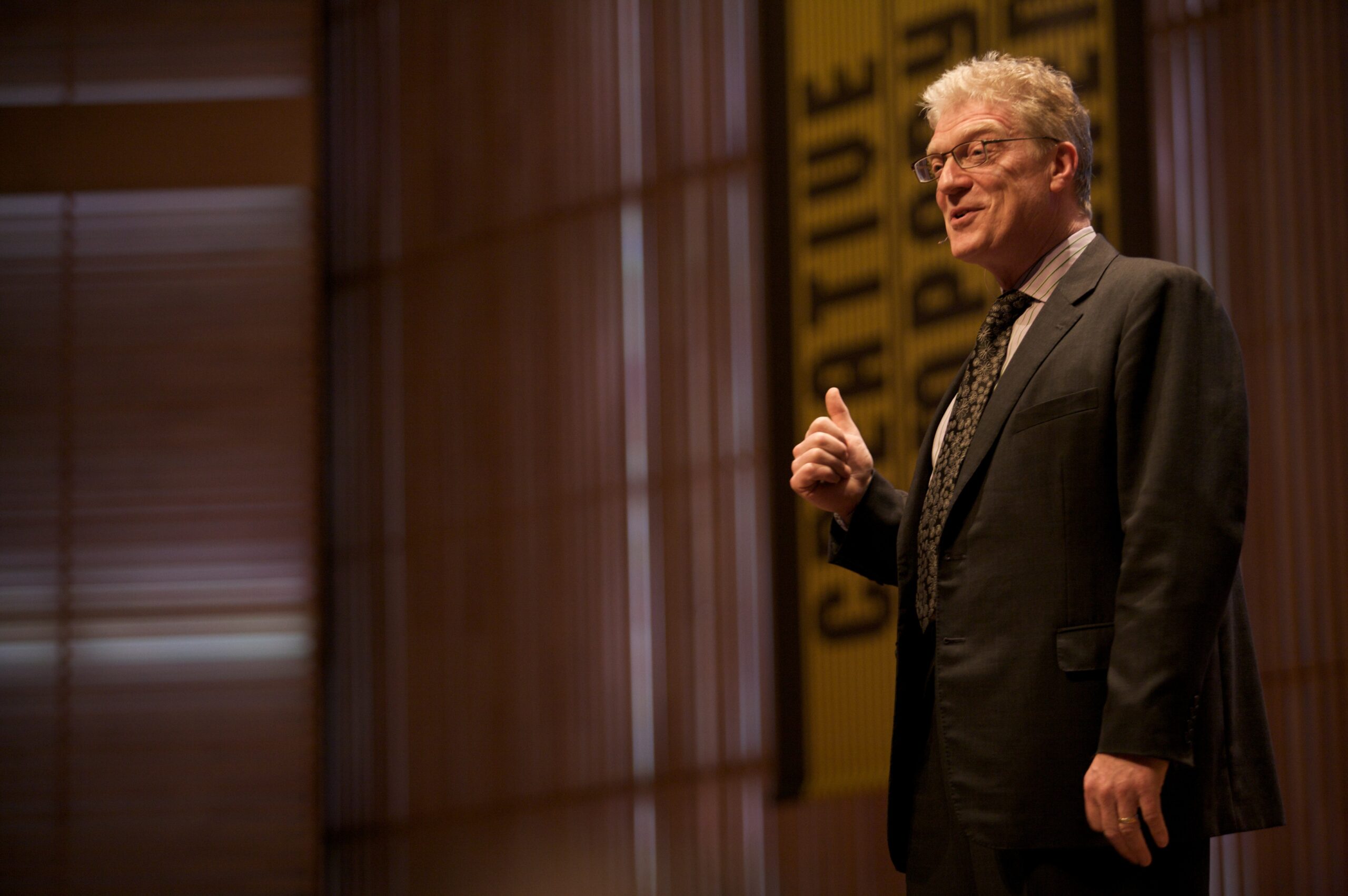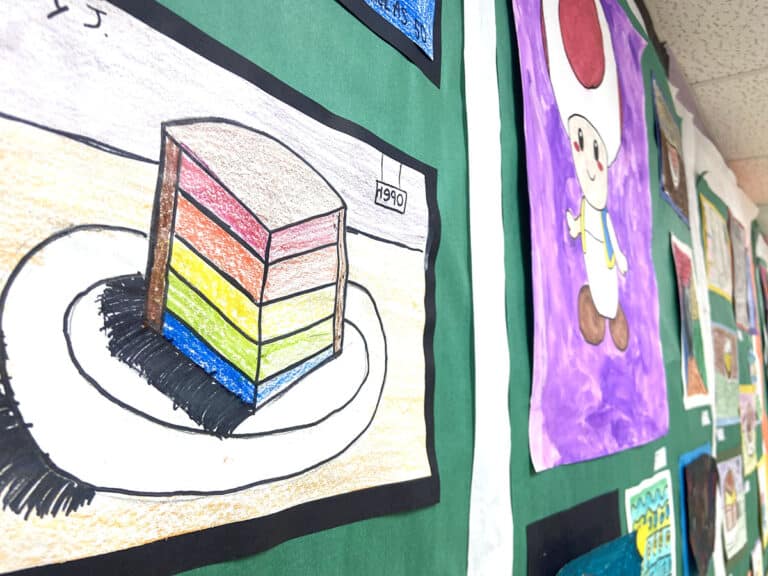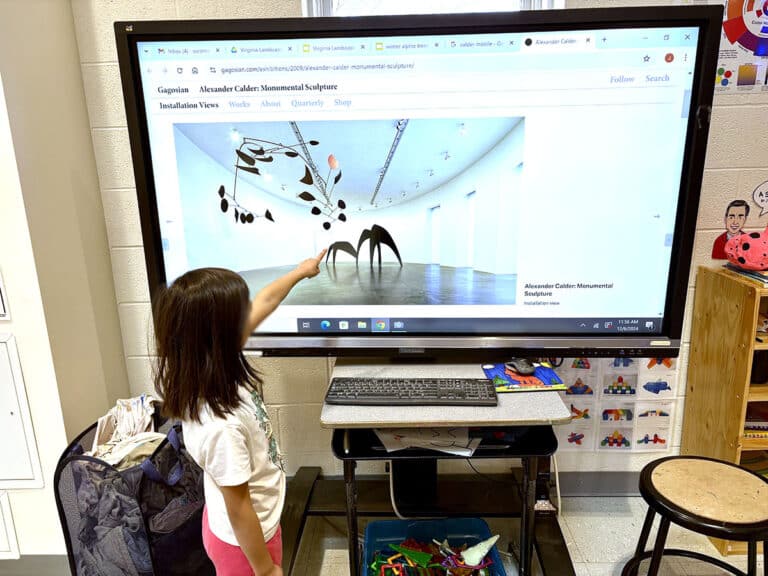There are voices in education that make lasting impacts on the way educators teach and practice. One of those profound leaders was Sir Ken Robinson. Sir Ken died on August 21, 2020, leaving behind an extraordinary legacy stemming from a passion for creativity, and rethinking education.
Sir Ken Robinson was an internationally acclaimed expert on creativity and innovation, and the author of Finding Your Element, The Element, and Out of Our Minds. He also has the most viewed TED talk of all time with over 65 million views –”Do Schools Kill Creativity?” He will be remembered as an influential voice in education and the arts. Sir Ken believed that creativity is central to human improvement and innovation, and art teachers have the ability to empower students with creativity.
A Message to Art Teachers
Sir Ken was the keynote speaker at the 2017 Art Ed Now Conference, where he shared a powerful message to art teachers. You can see that inspirational presentation here.
Sir Ken Robinson also recorded a podcast episode on Art Ed Radio. Listen as podcast host Tim Bogatz and Sir Ken discuss the evolution of his career, testing culture around the world, the role of creativity in preparing students for the future, a possible way forward for our schools, and how teachers can affect change from their own classrooms.
Jessica Balsley, founder and President of AOEU, has been impacted by the work of Robinson throughout her entire career. She says, “Sir Ken’s work influenced many of the courses and philosophy of The Art of Education University in the early years and today. His work is a true legacy for the profession.”
The voice of Sir Ken Robinson will be missed, but his work will continue to impact and inspire art teachers for years to come.
Magazine articles and podcasts are opinions of professional education contributors and do not necessarily represent the position of the Art of Education University (AOEU) or its academic offerings. Contributors use terms in the way they are most often talked about in the scope of their educational experiences.





